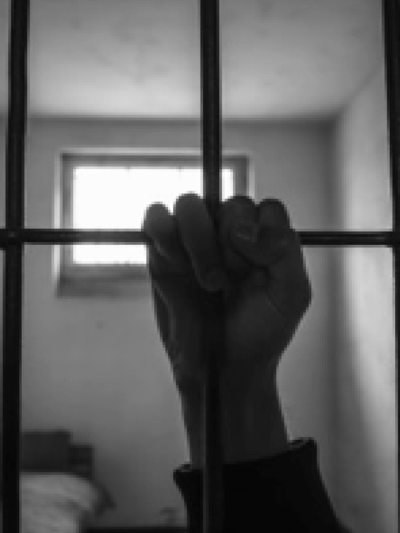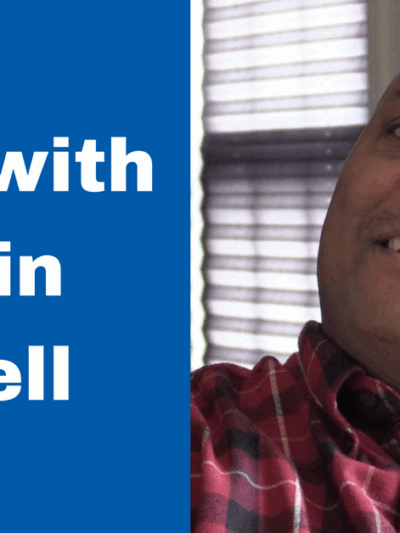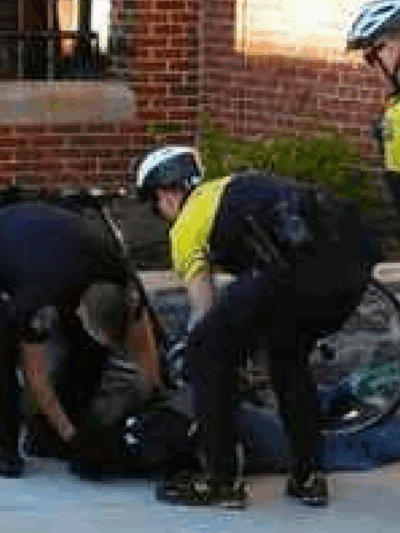News & Commentary
The Cruel and Archaic Practice of “Restrictive” Confinement
On March 12, the Maryland Judiciary Committee considered HB 1001/ SB 774, which would limit the use of “restrictive housing” – the State’s term for solitary confinement – on children.

Solitary confinement: devastating for adults, worse for children
This piece originally appeared at The Baltimore Sun
By Caylin Young

24 Hours Can Make All the Difference
Just one 24 hour period in my work this week showed how dangerously misguided Baltimore leaders continue to be in their efforts to reduce violence. They are looking once again to "tough on crime" policies that lock up more Black residents, for longer periods of time.
By Meredith Curtis Goode

Baltimore City Cannot Evade Responsibility For The Gun Trace Task Force
When Baltimore City’s chief lawyer Andre Davis reaffirmed several weeks ago that the City would not always agree to pay punitive damages judgments awarded against Baltimore Police Officers who intentionally and flagrantly abuse their authority, many people in Baltimore, including us at the ACLU of Maryland, cheered. The hope was that holding officers personally accountable for paying those (very rare) punitive damages would help deter that kind of egregious misconduct. So when the City announced after the verdict in the Gun Trace Task Force (GTTF) trial that it would not pay any damages awarded against the officers who plead or were found guilty, it is not surprising that some people also saw that as a step forward for individual police accountability. But it isn’t. Instead, it is a transparent attempt to again shift the cost of the BPD’s own repeated and systemic failures onto the people who have been victimized.
By David Rocah

Is Jeff Sessions Justice Department Trying to Kill Police Reform in Baltimore?
UPDATE: As this blog post was being sent to press, the court denied the Justice Department's request to delay Thursday's hearing. The court said, "The Government's motion is untimely. To postpone the public hearing at the eleventh hour would be to unduly burden and inconvenience the Court, the other

Baltimore Police Secretly Running Aerial Mass-Surveillance Eye in the Sky
Bloomberg Businessweek reported late Tuesday that the Baltimore police have been subjecting that city to a vast and powerful aerial surveillance system since January, without telling, let alone asking, the public that they serve. This is a big deal.

OPED in Washington Post: Maryland has started on prison reform. But what about the thousands in jails?
This year, Maryland experienced the beginning of a historic shift from a failed tough-on-crime approach that has swelled our prisons - mostly with poor black and brown people - and emptied our coffers, toward a smarter, evidence-based and more humane approach to justice. That new approach promises to reduce the incarcerated population, reduce recidivism by giving people returning to their communities from jail or prison the support they need to avoid future entanglement with the criminal-justice system and reduce the unconscionable racial and socioeconomic biases that permeate and delegitimize our justice system.
By Toni Holness

Stay Informed
Sign up to be the first to hear about how to take action.
By completing this form, I agree to receive occasional emails per the terms of the ACLU’s privacy statement.
By completing this form, I agree to receive occasional emails per the terms of the ACLU’s privacy statement.


